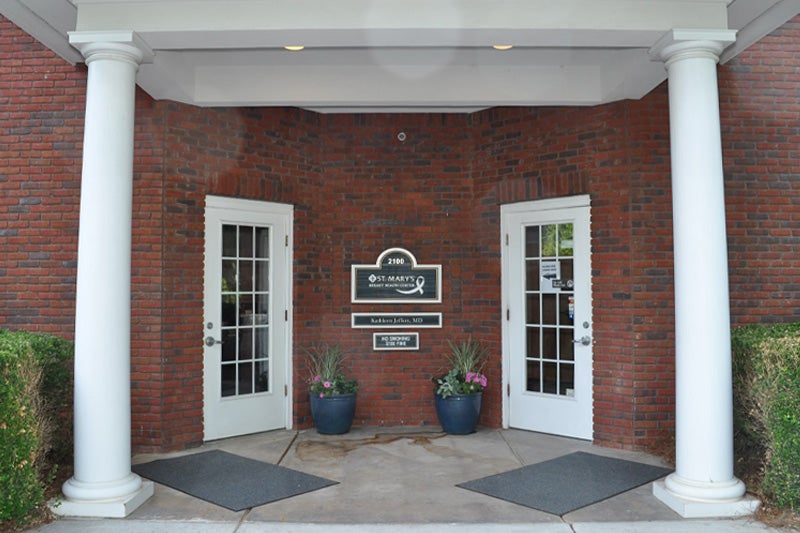What Is Minimally Invasive Surgery? Benefits, Recovery, and What to Expect
July 2, 2025When you hear the word "surgery," you might picture a long hospital stay, a large incision, and a lengthy recovery. However, thanks to advances in medical technology, many procedures can now be performed using minimally invasive surgery (MIS), a technique that offers faster healing, less pain, and a quicker return to your daily life.
At St. Mary’s Health Care System, we’re proud to offer minimally invasive and robotic-assisted surgical options to help you get back to doing what you love, with less interruption.

What Is Minimally Invasive Surgery?
Minimally invasive surgery uses small incisions, specialized instruments, and advanced technologies, such as laparoscopes or robotic systems like St. Mary’s da Vinci® Surgical System, to perform operations that once required large, open cuts.
Instead of opening up a large area of the body, surgeons make tiny incisions, often less than an inch long, to insert a tiny camera and instruments that allow for precise, targeted care.
Types of Procedures That Can Be Minimally Invasive
Minimally invasive techniques are used across many specialties, including:
Orthopedic Surgery
(joint repair, arthroscopy)
Gynecologic Procedures
(hysterectomy, fibroid removal)
Thoracic Surgery
(lung tissue biopsy)
Neurological procedures
(blood clot removal, aneurysm coiling)
Gallbladder Removal
Hernia Repair
Colorectal Surgery
Weight Loss Surgery
Benefits of Minimally Invasive Surgery
Patients often experience:
- Smaller incisions and less scarring
- Reduced pain after surgery
- Shorter hospital stays
- Faster recovery times
- Lower risk of infection
- Quicker return to work or daily activities
These advantages can make a big difference, especially if you're managing work, family, or caregiving responsibilities.


What Is Robotic-Assisted Surgery?
Robotic-assisted surgery is one of the most advanced forms of minimally invasive surgery. Systems like the da Vinci® robot provide your surgeon with a high-definition, 3D view of the surgical area and ultra-precise control of instruments.
It’s important to know: your surgeon is in complete control the entire time. The robotic tools help enhance precision, flexibility, and accuracy, but the expertise and decision-making remain fully in the hands of your highly trained surgeon.
At St. Mary’s, our robotic surgery program is part of our commitment to offering high-level care with higher-level caring.
What to Expect Before, During, and After Surgery
Talk to Your Primary Care Provider About Robotic Surgery
Wondering if robotic-assisted or minimally invasive surgery is right for you? A great first step is speaking with your primary care provider. They can help you understand your options, refer you to a specialist, and support you every step of the way.
St. Mary’s has convenient primary care locations throughout the region, including:
- Athens Internal Medicine Associates – Athens
- Community Internal Medicine of Athens – Athens
- Georgia Family Medicine – Watkinsville
- Good Samaritan Primary Care – Greater Greene County area
- Sacred Heart Primary Care – Greater Franklin County area
- St. Mary's Family Medicine – Bogart
- St. Mary’s Internal Medicine Associates – Watkinsville/Oconee
- St. Mary’s Internal Medicine Associates on Chase – North Athens/Jackson/Madison
- St. Mary's Primary Care – Athens
St. Mary’s Medical Group also features compassionate, highly trained surgeons skilled in minimally invasive techniques. If your PCP suggests surgery, these practices are here for you.
Ready to Learn More?

Learn More About Robotic Surgery
Learn More
Find a Primary Care Provider
Build Your Care Team




